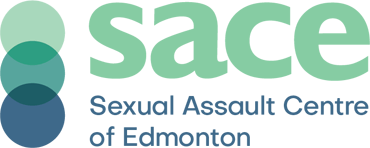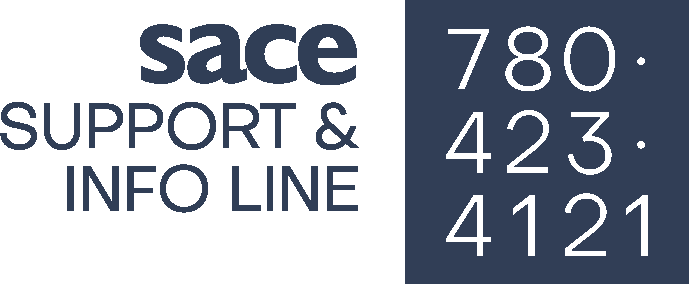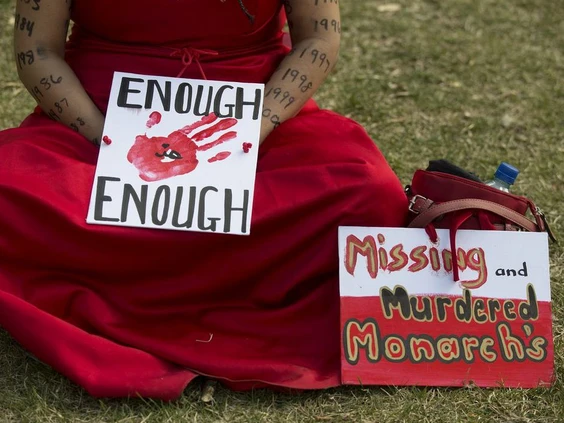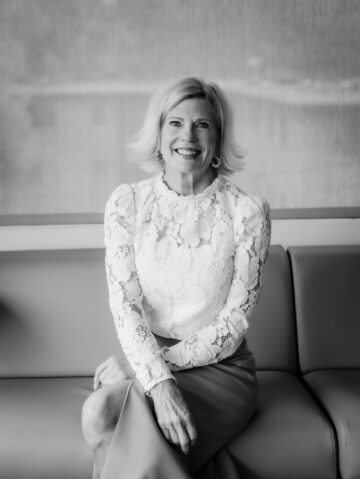Originally published in the Edmonton Journal on August 4, 2021.
Content warning: The article below discusses the issue of Missing and Murdered Indigenous Women and Girls and Two-Spirit peoples, including mention of ongoing cases. Take care while reading, and if you need support, please reach out: MMIWG Support Line:1-844-413-6649; SACE Support and Information Line: 780-423-4121, or via chat from 9 a.m. to 9 p.m. daily at sace.ca
Last week, Court of Queen’s Bench Justice Stephen Hillier sentenced Bradley Barton to 12 and a half years in prison for the murder of Cindy Gladue. While no amount of prison time for this perpetrator would be sufficient, I am encouraged that Justice Hillier pronounced a meaningful sentence.
The Barton verdict comes after 10 gruelling years of trials and appeals that went all the way to the Supreme Court. The case gained national attention, not only for the horrifying details of Cindy’s death, but also how Cindy was represented during the trial.
She was an Indigenous woman, a sex worker, and a victim of sexual assault. The intersections of her identities and lived experiences were exploited by Barton’s defence team, and the criminal justice system as a whole. She was dehumanized time and again.
Of course, Cindy was much more than how she was represented in the trials. She was a full person, with inherent worth and value. She was deeply loved and is greatly missed by her family and friends, who continue to advocate for her, a decade after her death.
While this case rightfully captured the attention of the media and the public, the heartbreaking reality is that this is just one example of many more. As the head of a sexual assault centre, I’m keenly aware that sexual assault has been used as a deliberate tool to oppress Indigenous peoples, closely tied to the issue of missing and murdered Indigenous women, girls, and 2SLGBTQ+ people.
Barriers to reporting and systemic racism embedded in the criminal justice system also mean that Indigenous people often have limited or non-existent options for accessing justice or accountability. In situations where the person’s life has been taken, their loved ones will forever feel these effects.
Despite two years passing since the release of Reclaiming Power and Place: The Final Report of the National Inquiry into Missing and Murdered Indigenous Women and Girls, we’ve seen very little movement on its calls to justice.
The Barton verdict also comes at a time of mourning in our country. The news of the discovery of thousands of unmarked graves across Canada has laid bare the devastating impacts of the residential school system and colonization more broadly — something Indigenous communities have known all too well for generations.
It is easy to point fingers and blame for inaction. But the truth is, we all have a role to play in reconciliation, which includes actively and passionately combating violence against Indigenous women, girls, and 2SLGBTQ+ people.
Throughout my career, I have experienced the great privilege of working alongside Indigenous colleagues and community members. What they have taught me is that, despite the trauma and grief that has been thrust upon them and their communities, Indigenous people have resisted, survived, and persevered.
Many have turned to activism and advocacy, and even dedicated their entire lives to helping their communities. The fight against systems of oppression of Indigenous peoples must always be Indigenous led — but it needs to include all of us.
I am grateful for the Truth and Reconciliation Commission Final Report and Calls to Action, and the Final Report of the National Inquiry into Missing and Murdered Indigenous Women and Girls, for providing us with the truth of colonial violence, and tangible action items to do better. I implore my non-Indigenous community members to join me in reading them, reflecting on the truths that are shared, and committing to action.
Barton’s lawyer, Dino Bottos, told media after Barton’s sentencing decision that his client will be appealing his conviction. This means that the fight for justice for Cindy may not be over for her family and loved ones. It cannot be over for us either.
Indigenous people have given us the calls. It is now up to us to respond to them.
Mary Jane James is chief executive officer of the Sexual Assault Centre of Edmonton.



